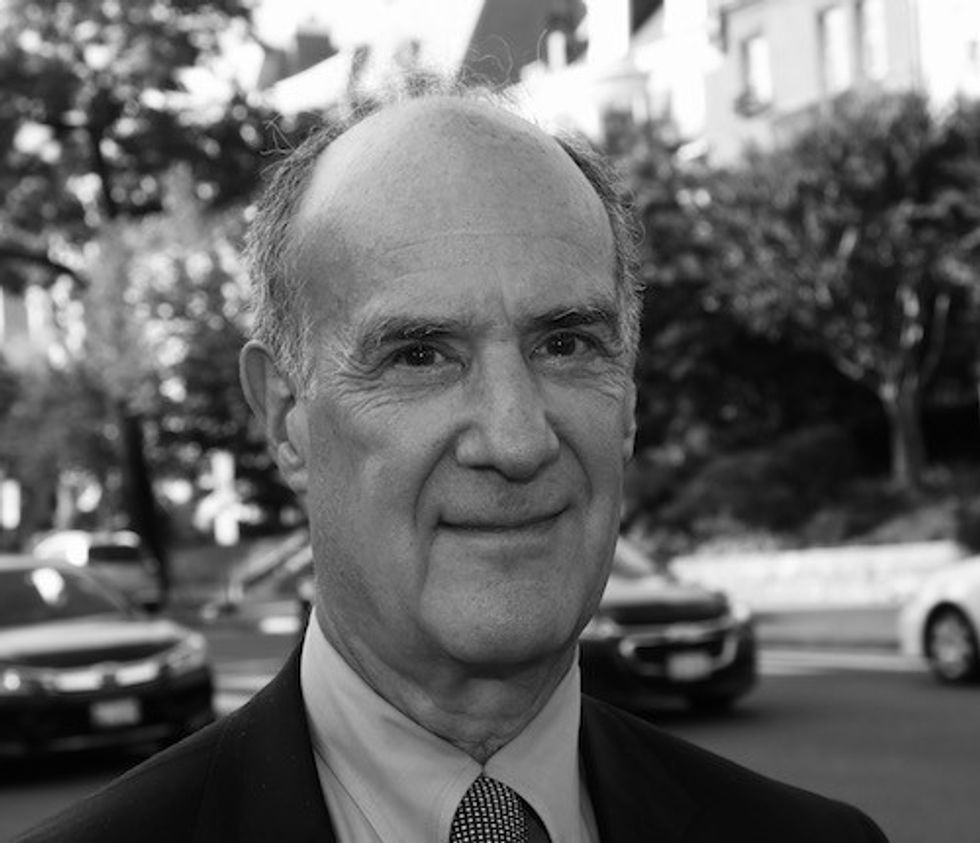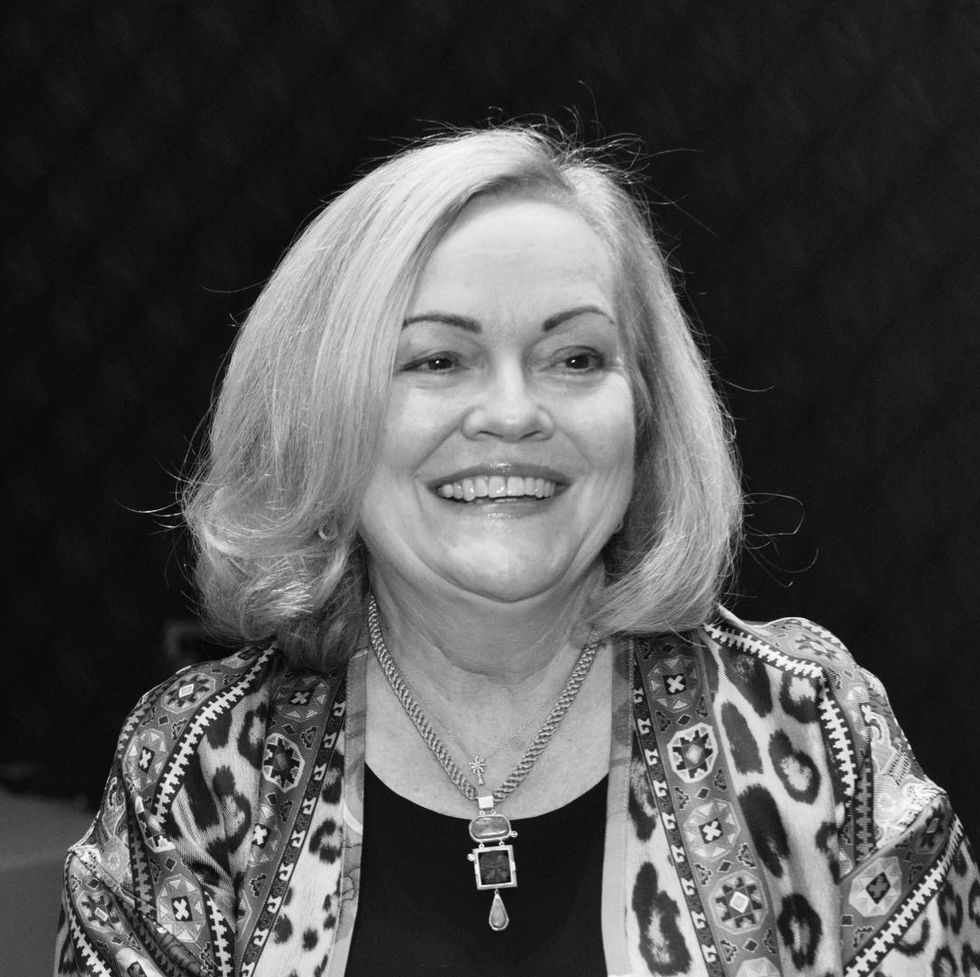Representatives from Libya's warring parties began talks in Geneva on Monday. The discussions, known as the Libya Military Joint Commission are led by the UN, and are attended by five officers from the UN recognized Government of National Accord (GNA) in Tripoli, and five officers appointed by the renegade military commander Khalifa Haftar.
Monday's talks come after more than a dozen world leaders met in Berlin last month to express both concerns and ideas about how to best address the degrading situation in Libya. Representatives from multiple nations and organizations were present including the European Union, the United Nations and the African Union. The meeting resulted in a communique that laid out what might be an ideal path to a more peaceful (and stable) future, if in fact, they key players took it to heart.
But even at the signing of the agreement, there were signs that the situation in Libya is going to be much more challenging that many had thought.
The key recommendations out of the Berlin Conference included an end to foreign influence; for all countries to abide by a UN arms embargo; intensified efforts toward a ceasefire; a return to a political process; a transparent distribution of wealth; the disbanding of militias; the strengthening of institutions focused on justice; a respect for human rights; and the restoration and safeguarding of the country’s oil infrastructure and facilities.
The main parties to the conflict, Russia, UAE and Egypt who support Libyan Military Commander Khalifa Haftar, and Turkey who supports the internationally recognized GNA in Tripoli, had agreed to abide by a UN Arms Embargo. But almost immediately following the commitments made in Berlin, according to the United Nations, violations of the arms embargo agreement began occurring on both sides of the Libyan conflict.
And in the weeks since the summit, reports from Libya suggest that fighting has not only returned, but it has intensified. LNA forces in the East, led by Haftar continue to hold Libya’s oil production hostage, and have opened up a new front in the ongoing military conflict with a push towards the city of Misrata.
Turkish President Tayyip Erdogan, a supporter of the GNA, has publicly blamed Haftar for violating a fragile truce after the summit and has said that Libya “should not be allowed to turn into a playground for Terrorists and Warlords”.
Background:
- Libya was ruled by Colonel Moammar Gadhafi from 1969 to 2011. While there were varying accounts of how he died, he is believed to have been killed by rebel forces in 2011.
- Libya’s Civil War, which began in 2011, was the pre-cursor to the current civil conflict between General Khalifa Haftar in eastern Libya, and the Western-backed government, the Government of National Accord (GNA), which is based in Tripoli.
- Power struggles in Libya are complicated by competition among multiple tribes, militant groups and terrorist organizations.
- On April 4 of last year, Haftar ordered the capture of Tripoli.
- Leaders from Russia, Turkey, Egypt, France, Italy, the UK and the US met with their counterparts in the German capital of Berlin in January 2020 and the meetings included representatives from the UAE, Algeria, China, the Republic of the Congo, the United Nations, the European Union and the Africa Union.
- As the Berlin meeting was concluding, forces loyal to Haftar closed an oil pipeline connecting the country’s oil fields to the coast.
- The most recent data reported by the Energy Information Administration, suggests that Libya’s total oil production averaged more than 80 million barrels per day in 2018.
Key Questions:
- What is it going to take to bring a lasting peace in Libya?
- What are the challenges with crafting a representative government, in a country that has no political foundation to build upon? Can foreign actors play a role in stopping Haftar?
- What likely lies ahead in Libya?
The Experts:
The Cipher Brief spoke with two of our experts on Libya. Cipher Brief Expert Ambassador Deborah Jones spent 34 years with the U.S. State Department that included posts in Kuwait (2008-2011) and Libya (2013-2015). Cipher Brief Expert, Ambassador Jonathan M. Winer has served as US Special Envoy to Libya and in 2016, was awarded for leading US policy in Libya. We asked them both how the situation in Libya has evolved since the time of Gaddafi’s departure and to shed some light for us on the aspirations and motivations of Khalifa Haftar.
What is it going to take to bring a lasting peace in Libya?
Deborah Jones, Former U.S. Ambassador to Libya
I often remind people that the issue with Libya is not that there are militias, foreign powers, or mercenaries. If you look at our own history, we had militias, foreign powers and mercenaries. The problem is that Libyans don't have a unifying idea of what they want to be, and how their government should work. The only way that comes about is if you have some sort of foundation; call it constitutional, call it a pact, or a national idea of some sort, certainly in the absence of a charismatic leader, that is accepted by people.
Jonathan M. Winer, Former U.S. Special Envoy to Libya

If you look at Haftar's behavior over the last several years, he's been very consistent. He announced a coup in February 2014. The country ignored it. He then went east, got support from Egypt and the Emiratis. He then used that to retake Benghazi from the Islamists. He then use the infrastructure he built with that support and with billions of dollars in counterfeit Libyan dinars produced for almost nothing by Russia, to strengthen patronage networks. And of course, this also created massive inflation of the Libyan economy because you can't just have billions of a counterfeit currency and put them in circulation backed by nothing without having an impact on everything else.
What are the challenges with crafting a representative government, in a country that has no political foundation to build upon? Can foreign actors play a role in stopping Haftar?
Jonathan M. Winer, Former U.S. Envoy to Libya

Do the foreign actors have the tools to make him stop? Yes. Don't give him any more money and weapons and take away the foreign fighters. What I will be looking for is intelligence from on the ground as to whether or not the foreign fighters are going away.
Deborah Jones, Former U.S. Ambassador to Libya
I don't see that we, the U.S. have much leverage over the foreign actors in Libya, because of our other relationships and foreign policy objectives. Some of the foreign actors in Libya partner with us in other parts of the world doing other things, they also buy arms from us, and who we also have all manner of competing agendas. And I believe that some of them also have decided that the U.S. has lost interest in applying any kind of influence in the region, apart from hit-and-run assassinations, and I'm not just talking about Qassem Soleimani.
What likely lies ahead in Libya?
Jonathan M. Winer, Former U.S. Special Envoy to Libya

There will be continued polarization in the country. The grabbing of oil resources by whoever's physically able to grab them, and essentially taking the country hostage with oil. Libya's oil infrastructure is set up so you've got terminals on the coast, you've pipelines going into the interior, and you have the oil production in the far interior. It's really easy to turn off the spigots and shut down the ports. That's what Haftar has now done. He is now engaged in oil hostage-taking. When he does that, that's depriving every Libyan of portions of their patrimony, because it's taking funds from the treasury. And that's very, very dangerous for Libya.
Deborah Jones, Former U.S. Ambassador to Libya
I wish I could be more enthusiastic, but this is a movie we've seen before. I really have a lot of respect for Ghassan Salame, the Special Representative and Head of the United Nations Support Mission in Libya (UNSMIL). I think he's really doing all that is humanly possible to turn the situation around. But I see some of the same things that have been discussed and agreed to before, I see the same players agreeing to support the process and to not violate the UN Arms Embargo for example, but they're the same people who were violating it in the past.
Read also How did Libya get where it is Today with Ambassador Deborah Jones only in The Cipher Brief















